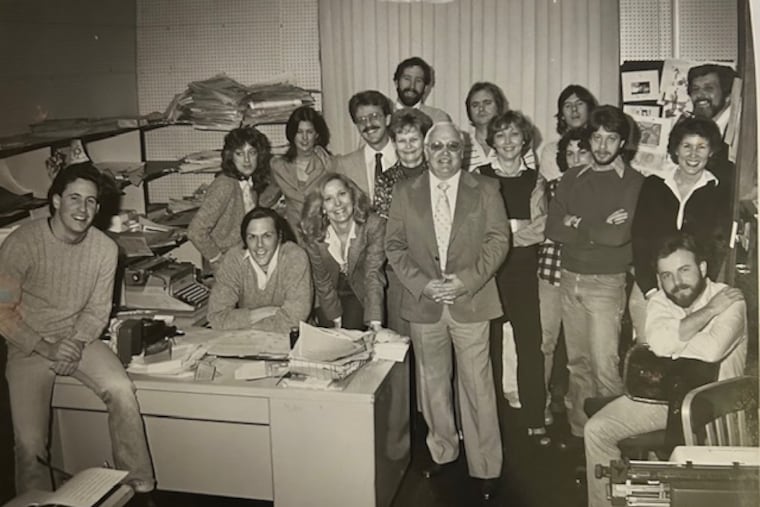Newspaper highlights the Sun’s role in covering Atlantic City’s gambling industry over the years.
In November 1976, Geoffrey Douglas, then a young reporter with the Bristol Press in Connecticut, uncovered a transformational story that would alter the landscape of gambling in the United States. New Jersey, having previously rejected casino gambling in a public referendum, shifted direction and voted in favor of legalizing casinos, particularly in Atlantic City.
This decision marked a significant turning point for Atlantic City, which would become the first East Coast destination to permit gaming activities. Douglas’s commitment to documenting the burgeoning scene led him to establish The Sun, a newspaper intended as a watchdog over the evolving casino industry and its potential pitfalls.
In a prescient 1977 article for New Jersey Magazine titled “The Selling of Casino Gambling,” Douglas posited that the introduction of casinos would rejuvenate the city, ending its long winters and invigorating its nightlife. He envisioned a spark of hope for Atlantic City, though he expressed concerns about the integrity of operations, pondering who would be responsible for regulating the industry amidst fears of mob influence and cheating.
Drawn to this duality of allure and peril, Douglas relocated to Atlantic City. Following the grand opening of Resorts International in September 1978, The Sun commenced publication. Despite Douglas’s well-intentioned ideals as an investigative journalist, he initially grappled with the intricacies of running a newspaper, facing strong resistance from the very casinos he aimed to scrutinize.
The Sun gained a reputation for its investigative journalism, earning numerous accolades, but not without creating adversaries. Throughout the early 1980s, Douglas faced threats as the paper delved into the darker aspects of casino culture and its connections with organized crime. The most alarming incident occurred in June 1985 when The Sun office was set ablaze in an arson attack, a striking message against its hard-hitting coverage. Following the incident, the publication quickly resumed operations, demonstrating resilience in the face of adversity.
As the decade progressed, the weight of unflinching exposure to criminal activities and the strain of running a struggling newspaper took their toll on Douglas. By 1987, he exited the publication for significantly less than its worth, reflecting on the years of challenges, his personal struggles with addiction, and the pervasive negativity surrounding his work.
In the years following his departure from journalism, Douglas turned to fiction and memoir writing, exploring themes from his life experiences. His most recent work, “Love in A Dark Place,” rediscovered a narrative centered on an Atlantic City reporter and a sex worker. The novel intertwines past and present narratives, enriching the canvas of Douglas’s early journalistic pursuits with dramatic and emotional complexity.
Now, over three decades after departing New Jersey, Douglas rewrites his experiences not just as a storyteller but as a creative force, capable of pulling the narrative strings in a city that has transformed dramatically since he first arrived. As he navigates the intricate landscape of love and ambition, Douglas’s work continues to reverberate, redefining his legacy in the realm of American literature.
This evolution from journalist to novelist reflects not only personal growth but also a striking commentary on the dynamic history of Atlantic City and the pressing complexities of gambling in America today.







